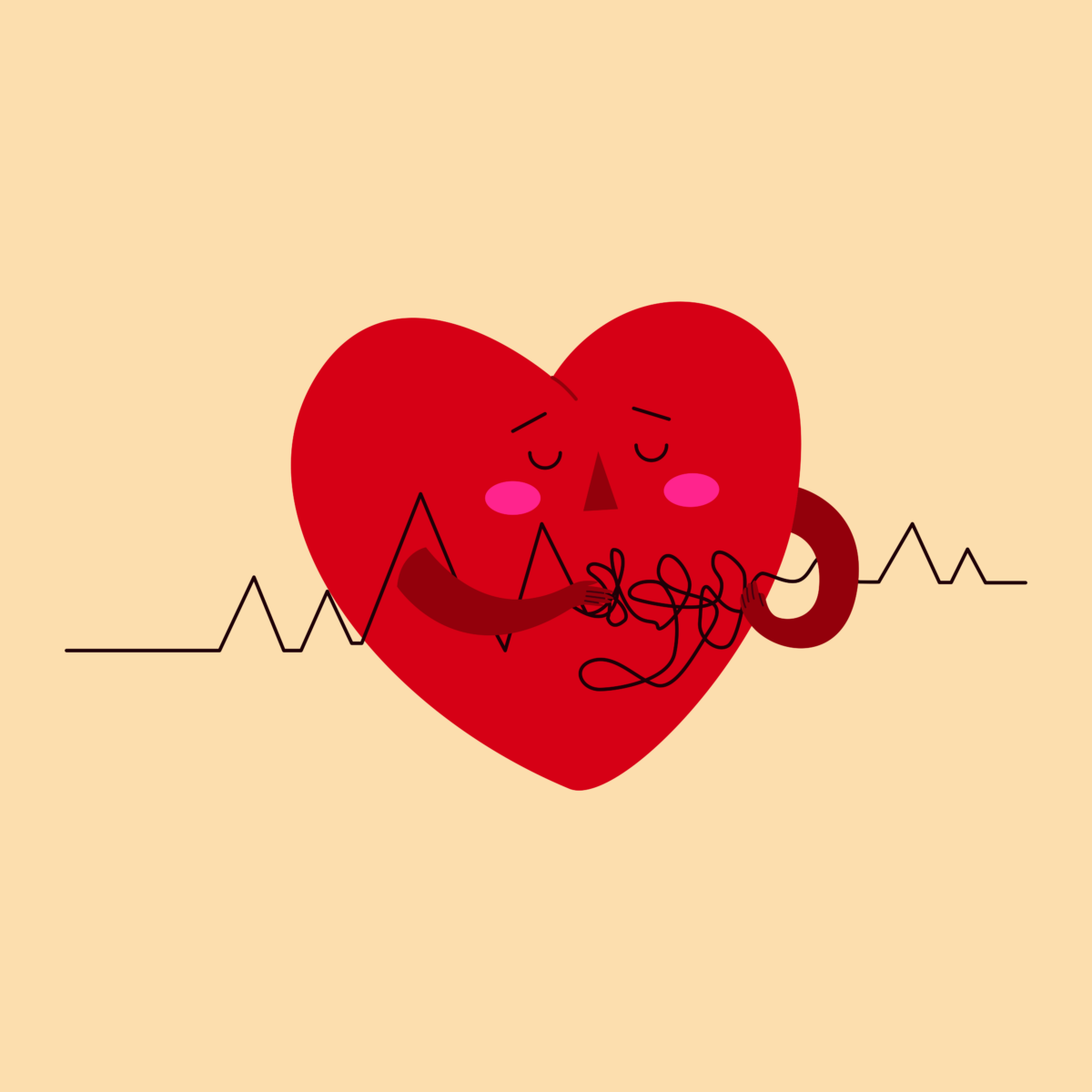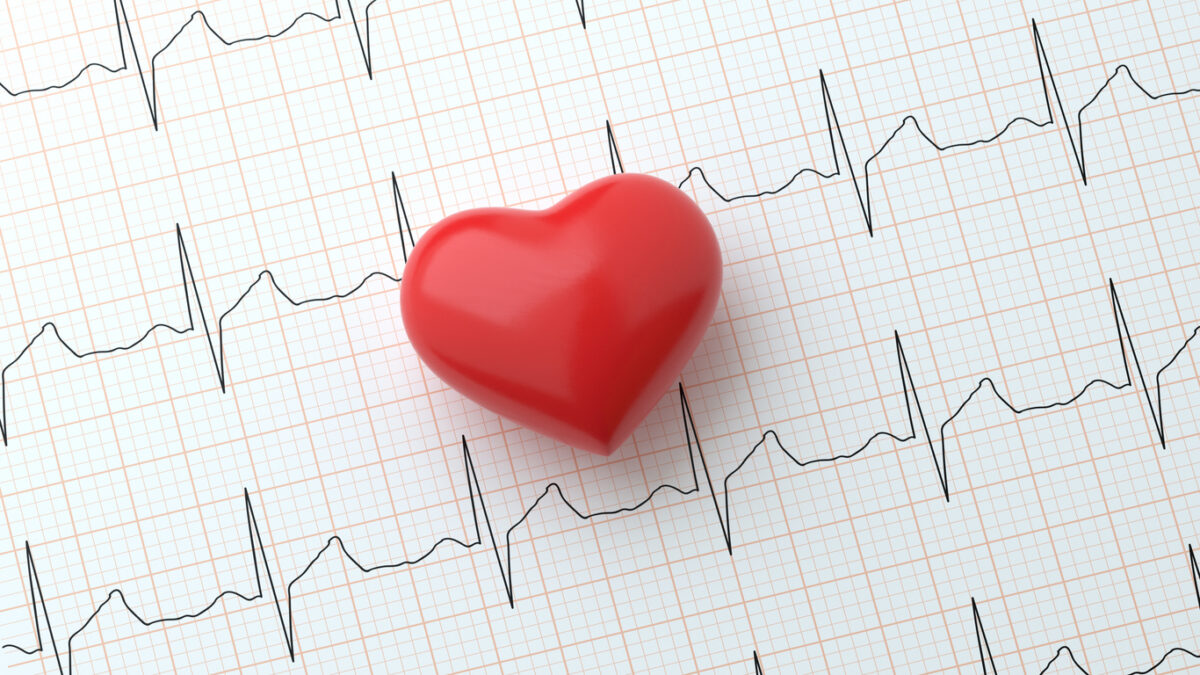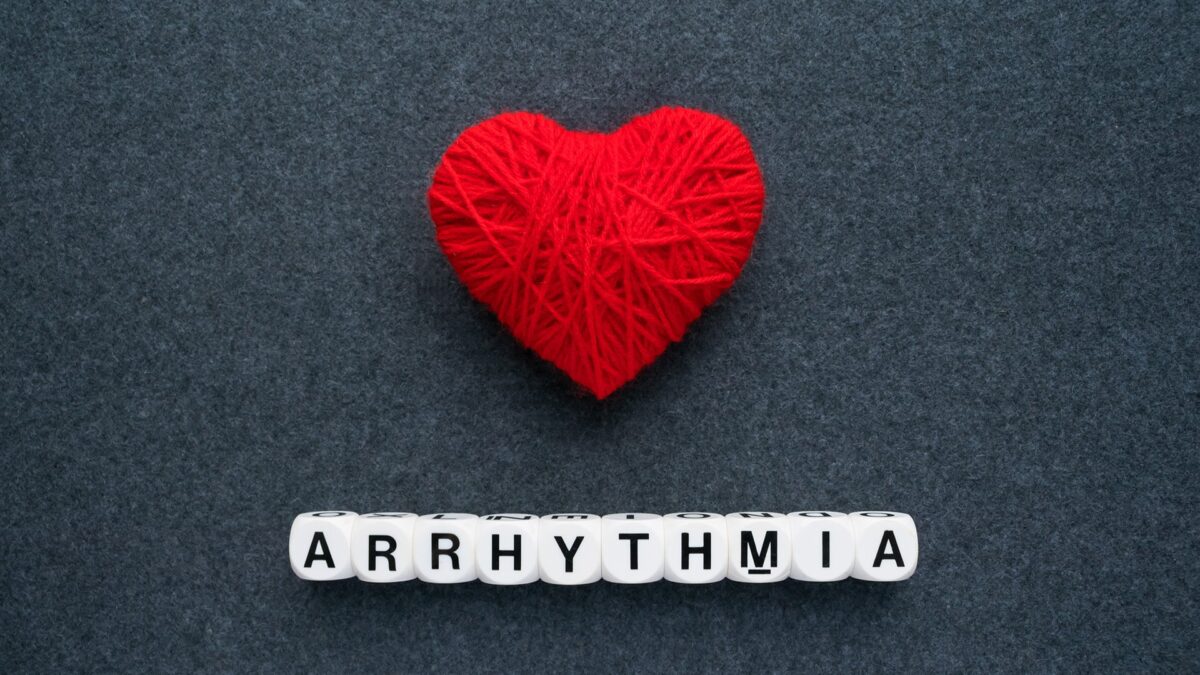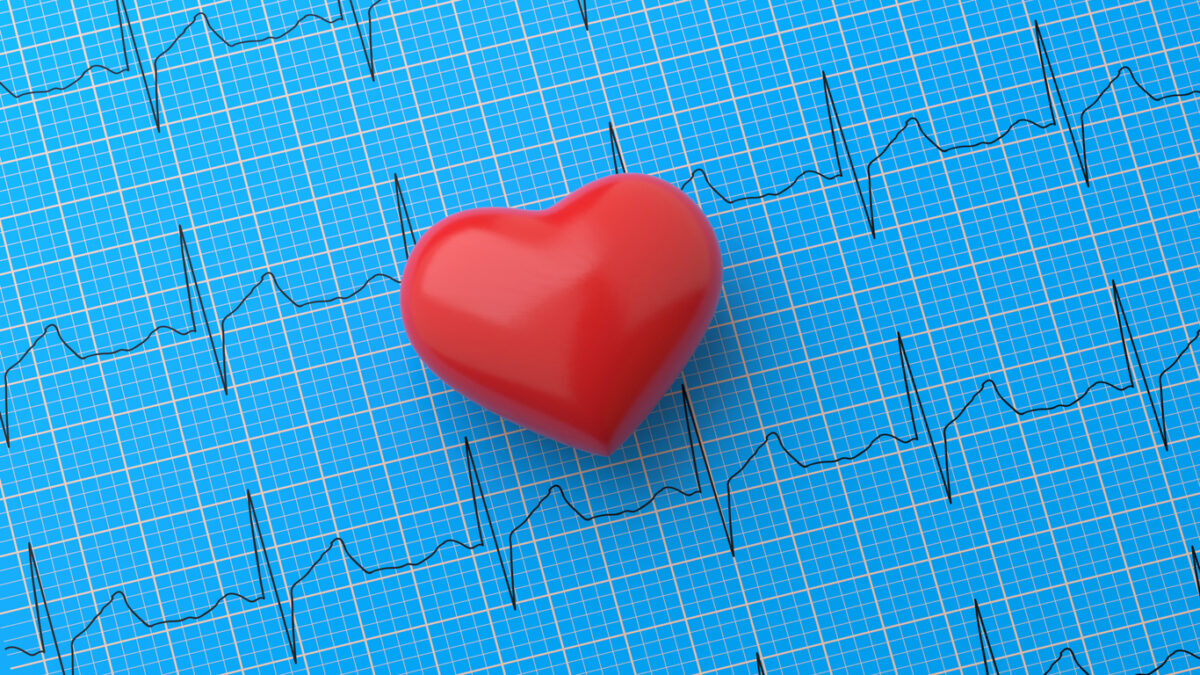Your heart beats about 100,000 times a day, tirelessly pumping blood throughout your body. But did you know that your daily habits play a crucial role in keeping your heart rhythm steady? Arrhythmias—irregular heartbeats—can be triggered or prevented by the choices you make every day. From the foods you eat to the way you manage stress, your lifestyle directly impacts …
When Your Heart Skips a Beat
Have you ever felt your heart flutter, race, or skip a beat unexpectedly? These sensations, often called heart palpitations, can be startling. While they’re usually harmless, they may sometimes signal underlying health issues. Understanding the causes and when to seek medical advice is key to staying heart-healthy. What Are Heart Palpitations? Heart palpitations are feelings of your heart racing, pounding, …
September is National Atrial Fibrillation Awareness Month
Like the chaos of a hailstorm on a tin roof comes the electrical storm of atrial fibrillation (AF). During AF, the atria are quivering (fibrillating) and firing hundreds of impulses at the same time. It’s as if the electrical circuits have gone haywire. If this rhythm problem is not diagnosed or isn’t managed properly, it can lead to strokes, heart …
Atrial Fibrillation 101
Atrial fibrillation (AF) is a heart condition that can cause blood clots, stroke, and other heart-related problems. If you have AF, it’s important to understand the risks and symptoms and to work with your doctor to develop a treatment plan that’s right for you. In this article, we’ll discuss AF in more detail, including its causes, symptoms, and treatment options.What …
What Are the Different Types of Arrhythmias?
A cardiac arrhythmia affects the heart’s physiological rhythm. This is basically a disease that alters the electricity of your heart. As a result, your heart can beat too fast, too slow, or too early. In some cases, it contracts erratically, which is referred to as fibrillation. According to research, up to 5% of the population may have some type of …
Atrial Fibrillation (AFib): An Overview
Arrhythmia is an abnormal or irregular heart rhythm. So, having an arrhythmia could mean several things; your heartbeat might be too fast, slow, or irregular. And of all arrhythmia types, atrial fibrillation (also called afib) is the most common. It occurs in about one percent of the population worldwide and in at least 3 to 6 million US adults. This …





